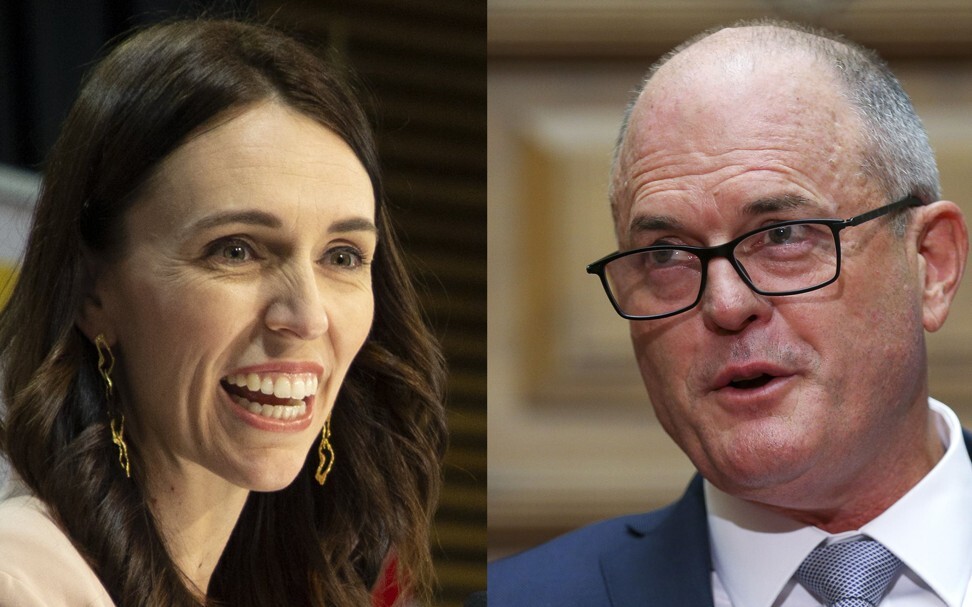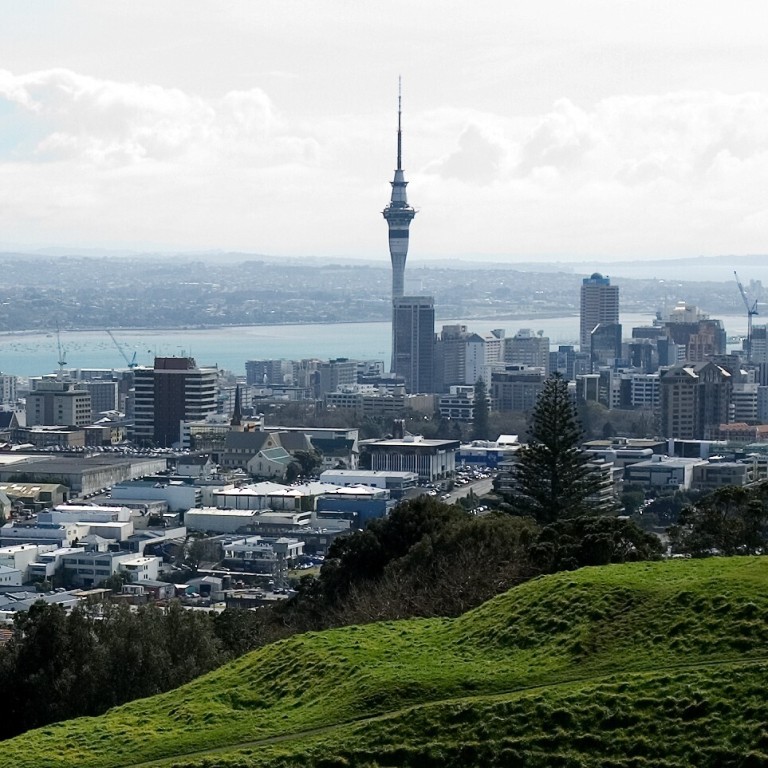
Chinese investors seek a coronavirus haven in New Zealand
- Jacinda Ardern’s success in containing Covid-19 and New Zealand’s business-friendly environment are helping to fuel investment interest
- But an upcoming poll, and a backlash over rich migrants and Chinese investors could affect New Zealand’s competitiveness
New Zealand has for years been known as a desirable destination for global business, with the World Bank ranking it first out of 190 countries for ease of doing business every year since 2017.
The country is finding itself atop the list for global firms seeking to expand and for people looking to emigrate, while more New Zealand citizens working overseas are returning home.
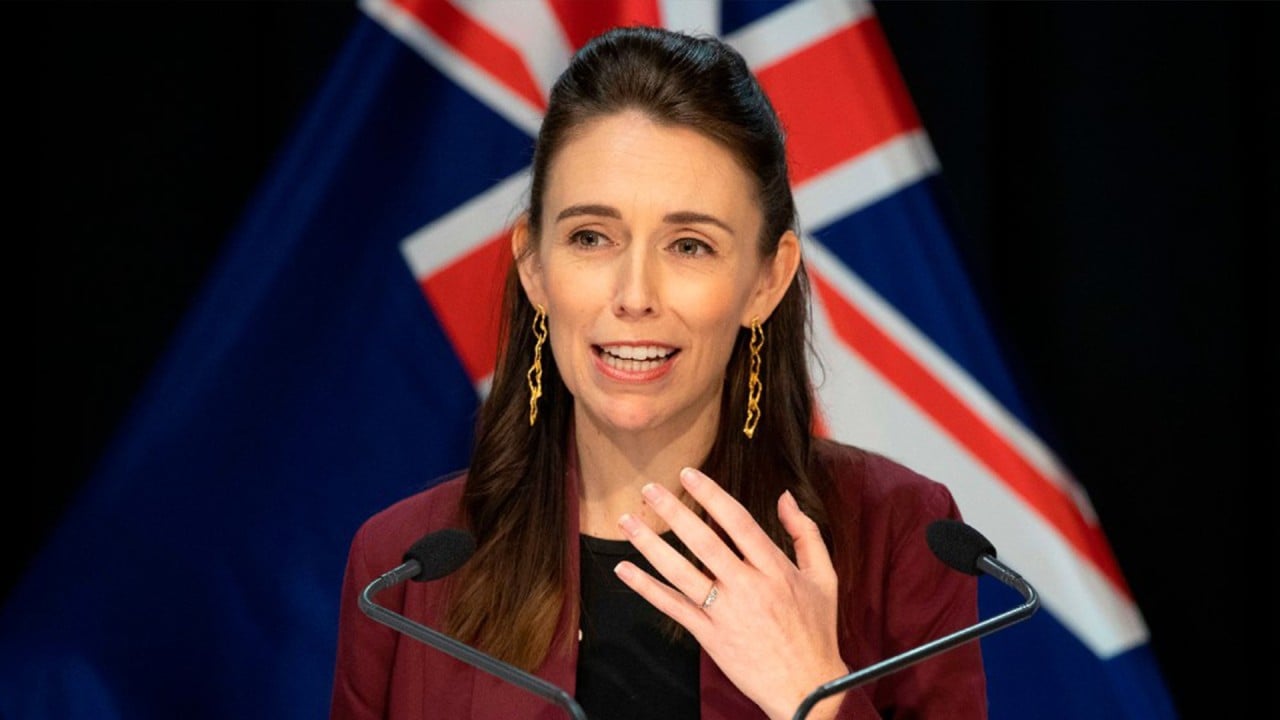
01:46
Coronavirus: Jacinda Ardern says ‘We have won the battle’ in New Zealand on community transmissions
On May 5, Microsoft announced that it planned to open a data centre in New Zealand. Company president Brad Smith said he had met Ardern last year and was impressed by the country’s digital ambitions.
“Our new data centre there will only accelerate its digital transformation and help propel all New Zealanders forward,” he said.
Microsoft did not provide any details, including when the data centre would be built, but the site would be subject to the rules of the Overseas Investment Office (OIO).
In New Zealand, foreign investments worth more than NZ$100 million (US$63.1 million) would need to be approved by the OIO.
Ardern said Microsoft’s move signalled that “New Zealand is open for business and quality investment”.
“Microsoft wouldn’t be investing here if they didn’t have full confidence in the New Zealand economy and saw us as a safe place in both the health and business sense,” she said.
As world limits exports, can New Zealand and Singapore keep trade open?
Earlier this year, US animal health care firm Elanco sought approval to acquire Bayer AG’s animal health business and assets in New Zealand, in a deal valued at about NZ$263 million. Last week, Japan’s Shinsei Bank said it would buy finance company UDC Finance, owned by ANZ Bank, for NZ$762 million.
Some Kiwi firms are also recognising the country’s growing international appeal. Xytech Studio Management, a US-based studio construction firm owned by New Zealand’s Xytech Group, opened one of the biggest studios in the southern hemisphere on May 27. The X3 Studios in Auckland were designed for large-scale sets as the country’s popularity as a filming location grows.
“New Zealand is internationally renowned as a production location,” said Stephen Pryor, owner of Xytech Group. “We have terrific screen production incentives, not to mention some of the best crews in the world.”
We don’t want people paying for passports
RICH INVESTORS UNWELCOME?
But amid the optimism expressed by big players and investors, some consultants warn there are hurdles to migrating or trading in New Zealand.
Catherine Neazor Brady, director of immigration consultancy New Life Global, said Ardern’s statement that New Zealand was open for business should be viewed cautiously.
“Some businesses have floated the idea of a special kind of investor visa that would see applicants put in NZ$50 million and create a number of jobs,” Brady said. “But Ardern simply said she was not interested.”
In April, Ardern said she did not plan to introduce visas for rich migrants as a way to revive the coronavirus-hit economy. “We don’t want people paying for passports,” she said.
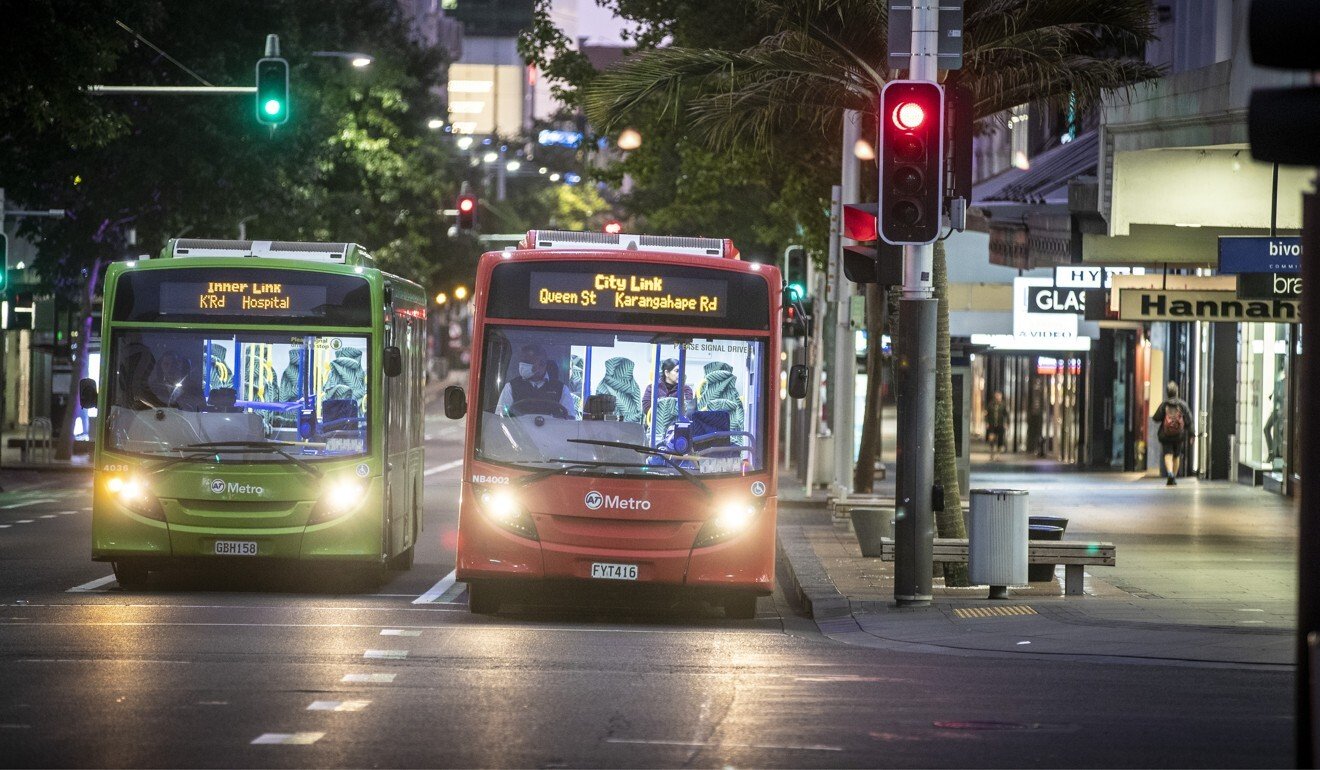
Brady said the process to get a New Zealand investor visa was also not as simple as some might expect.
“For example, we’ve had quite a lot of interest from Chinese clients who’d like to come in on the investor visa,” she said. “But there’s a lot of requirements, like tracing the origin of the money. And then they come across barriers like how to get their money out, and things like that.”
‘You Chinese virus spreader’: after Covid, Australia faces racism outbreak
Operational issues within Immigration New Zealand would also complicate matters for those intending to migrate, Brady said.
Despite being classed as an essential service, immigration staff were unable to work during the coronavirus lockdown because the department had not updated its computer systems or set up a secure network to allow employees to work from home. As a result, a severe backlog of applications had formed.
“For the last two months, Immigration NZ hasn’t been doing anything at all,” Brady said.
“We fully expect they will suspend entire visa categories because they are so backlogged,” she said.
“There are exceptions made for certain people, of course, but they haven’t given any indication of when they’ll start processing fully again. I don’t think we’ll see anything happening until 2022.”
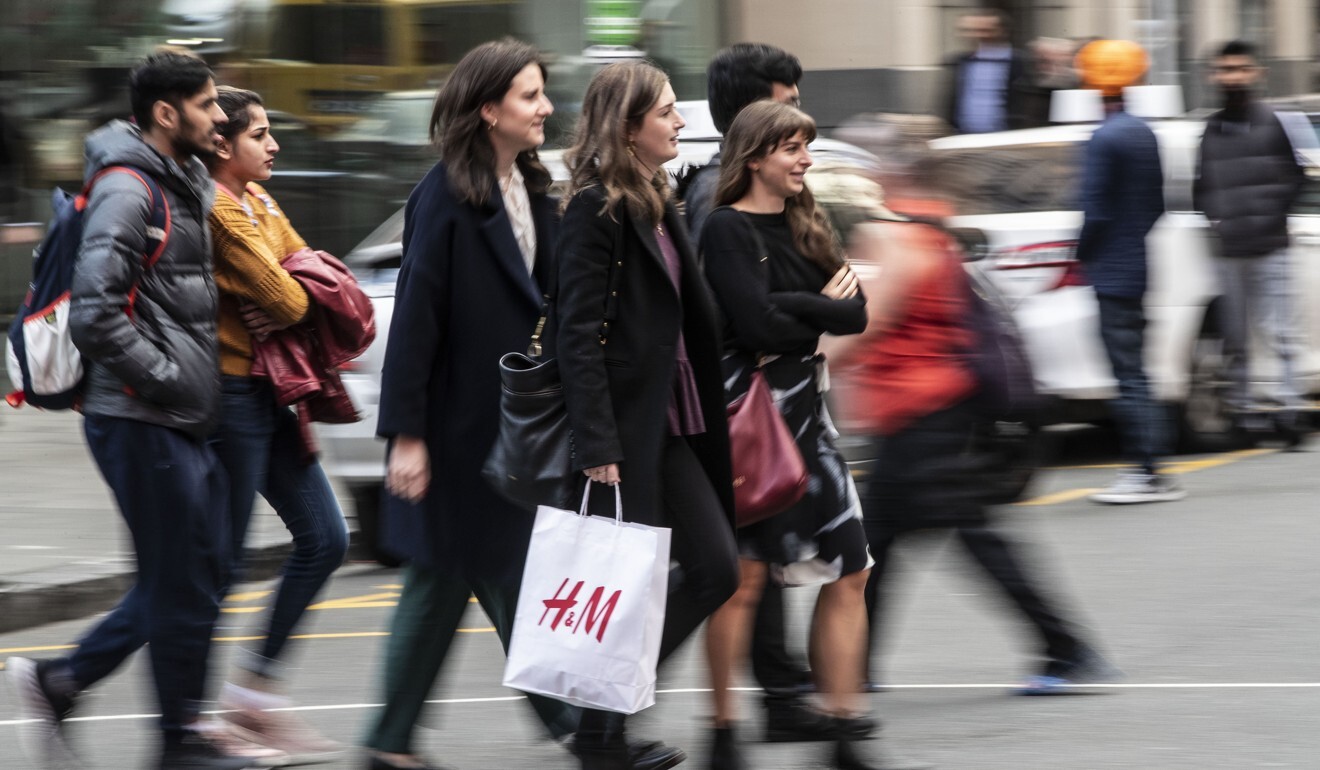
BACKLASH AGAINST CHINESE MIGRANTS
According to data released last month by Statistics NZ, the country’s population has risen 1.8 per cent a year on average since 2013.
Migration to New Zealand peaked about three years ago, with a record 72,400 arrivals in the year ending July 2017. Chinese made up 12 per cent of arrivals, while Britons and Australians made up 10 per cent each.
Rich Americans look to New Zealand for coronavirus escape plan
Still, a report published in January found that every urban housing market in New Zealand was “severely unaffordable”, with homes costing more than seven times the median income. This led to a resurgence of suggestions that Chinese speculators were responsible.
Georg Chmiel, executive chairman of Chinese real estate portal Juwai, pointed out, however, that most people who owned multiple investment properties were local rather than overseas investors.
“Foreign buyers account for about one-tenth the number of transactions, and only one-quarter of the share of local investors,” said Chmiel, citing data from this year that he believed mirrored a trend seen over the past five years.
“It was bad luck for Chinese buyers to have become visible in the market at the same time rock-bottom interest rates drove a boom in local investor transactions,” he said.
In March, Statistics NZ data showed that New Zealanders aged 45 to 74 owned the most valuable properties in the country.
Is New Zealand quietly closing its doors to immigration?
Chmiel added that investors from China were looking at not only the property market, and that the country was likely to see more Chinese investment in the primary sectors.
“Besides housing, Chinese companies invest in Kiwi companies, and productive forestry and agricultural land,” he said. “China, along with the US, accounts for nearly a third of all investment in the agribusiness sector.”
“It’s too soon to know what will ultimately happen, but we know of a handful of Chinese investors who are considering their options, and that’s just in our network,” he said.
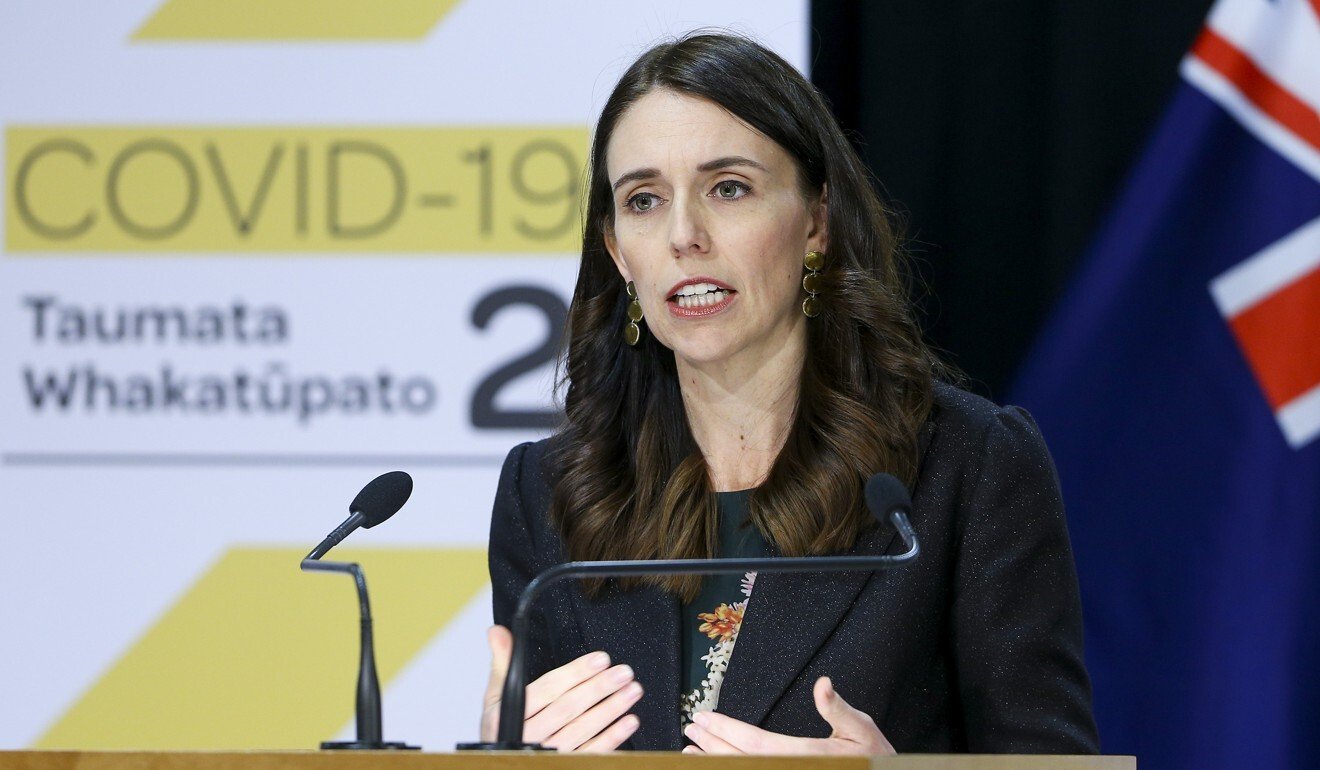
UPCOMING VOTE
Brady, the immigration consultant, said while New Zealand was in a unique position to capitalise on the pandemic, the general election in September would decide how big of a role migrant investors would play in its economy in the years to come.
“When our labour market gets back to normal, the economy might look nice and stable compared to some other places. I think there’s going to be a huge amount of interest,” she said.
“What we don’t know is who’s going to win the upcoming election. If National somehow gets elected, they would be much more open to overseas investment to help with the rebuilding of the economy.”
According to a survey conducted by market research firm Roy Morgan, support for Ardern’s centre-left Labour Party rose to 56.5 per cent last month, buoyed by the success of the government’s coronavirus containment strategy. This compared with 26.5 per cent for the opposition National Party – a near 20-year low for the centre-right party.
If Labour gets a second term, New Zealand could prefer to rely on developing local capacity to rebuild the economy, a plan that may be viewed positively given that many New Zealanders, alarmed by how the Covid-19 crisis has decimated major firms including Air New Zealand, are now seeking to support local businesses.
The government’s effort to rescue small businesses, with a loan scheme that has paid out some NZ$1 billion, is also helping to raise confidence, as is the “trans-Tasman bubble” plan to restart the economy with neighbouring Australia.
In Australia, stalled migration is bad news for faltering economy
Global Hobo, an Australian online publication that runs physical writing workshops across Asia and Europe, suffered a huge financial loss after borders around the world shut. It is planning to run workshops in New Zealand once the trans-Tasman bubble opens.
“It was late January when a few students started to panic and pull out, and I realised I was going to have a major problem,” said Gemma Clarke, founder and editor-in-chief of Global Hobo. “In total, I lost A$32,000 (US$22,000) of my own money paying out all the refunds.”
Clarke said she saw Ardern’s leadership and New Zealand’s lifestyle as pull factors.
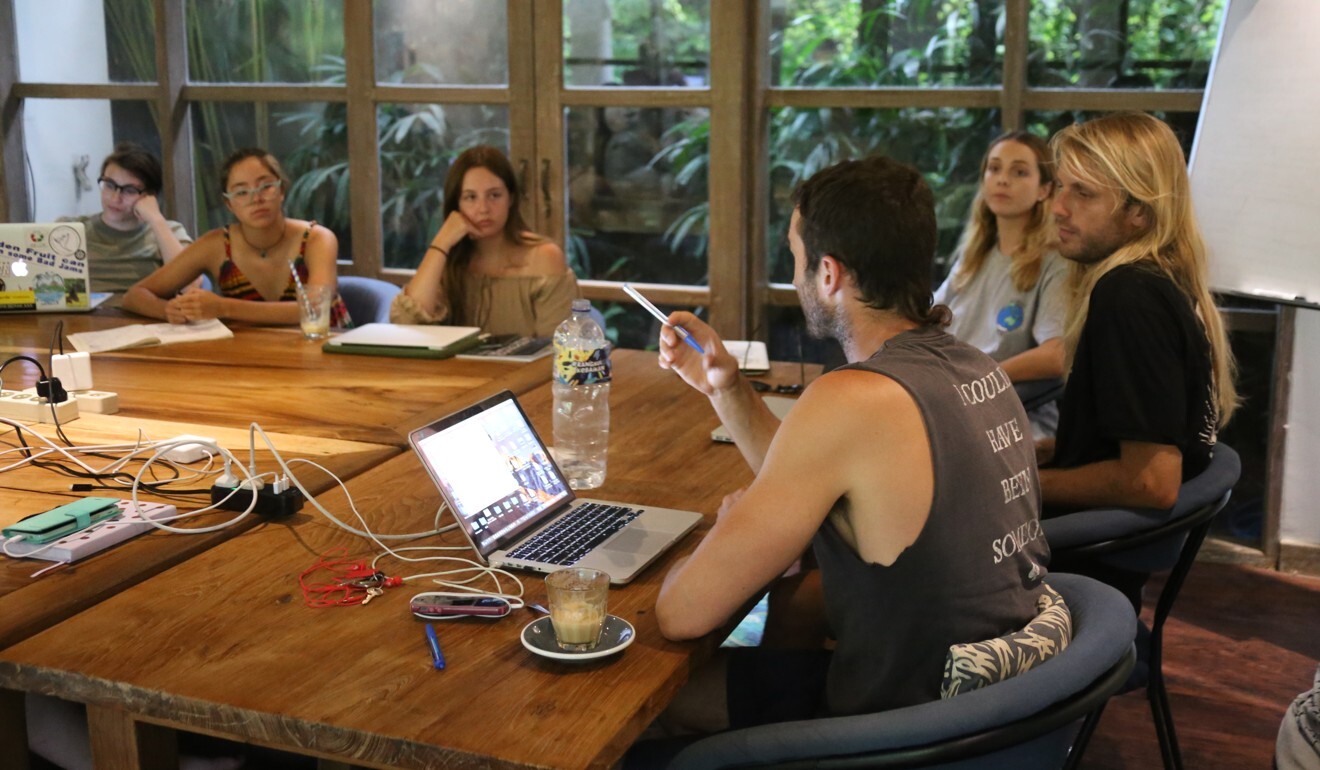
“Obviously the politics in New Zealand is a major draw card, [but] the landscapes, culture, and social climate there are among my favourite in the world,” she said. “It’s also a bit cheaper than Australia and super safe.”
Clarke added that her firm would stay long term and she believed her investment would benefit New Zealanders.
“A lot of money is put into the community by both Global Hobo and the students themselves, and it’ll also open the programme to locals who have previously been unable to join,” she said.
“If I put all the work in to set up programmes, such as making relationships with coworking spaces and accommodation providers and cultural services, I’d definitely like to continue.” ■


